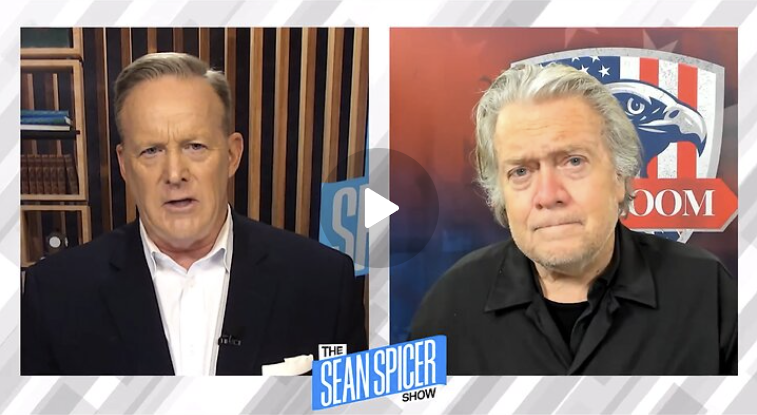
In a move that has sparked widespread discussion, President Donald Trump announced plans to replace the acting commissioner of the Internal Revenue Service (IRS), marking the fifth leadership change at the agency since he took office on January 20, 2025. The decision, reported by The Wall Street Journal, underscores a period of unprecedented turnover at the IRS, raising concerns about stability and functionality within one of the nation’s most critical federal agencies.
A Revolving Door at the IRS
The IRS, responsible for tax collection and enforcement, has seen a rapid succession of acting commissioners under Trump’s administration. According to posts on X and The Wall Street Journal, the most recent acting commissioner was replaced after just three days in the role, highlighting the chaotic pace of leadership changes. This marks the fifth individual to lead the agency in less than four months, a frequency that has drawn comparisons to corporate dysfunction and prompted criticism from observers across the political spectrum.
The reasons for these frequent replacements remain unclear. Neither the Trump administration nor the IRS has provided detailed public statements on the specific motivations behind the latest change. However, speculation on X suggests a mix of factors, including dissatisfaction with agency performance, internal disagreements, or strategic realignments to align the IRS with Trump’s broader policy goals. Critics argue that the lack of stable leadership could undermine the IRS’s ability to manage tax season, implement policy changes, and maintain public trust.
Implications for the IRS and Beyond
The IRS plays a pivotal role in the U.S. economy, collecting trillions of dollars in revenue annually and overseeing tax compliance. Leadership instability at the agency could have far-reaching consequences, particularly as the administration pushes for tax policy reforms. Some X users have expressed alarm over the potential economic fallout, with one post stating, “Nobody would invest in a company this dysfunctional. T-bills will continue to fall.” This sentiment reflects broader concerns about the ripple effects of administrative chaos on financial markets and investor confidence.
Moreover, the rapid turnover raises questions about the IRS’s operational efficiency. Tax season, which typically peaks in April, demands consistent leadership to ensure smooth processing of returns and timely responses to taxpayer inquiries. The agency has also faced challenges in recent years, including backlog issues and staffing shortages, which could be exacerbated by the lack of a permanent commissioner.
Public and Political Reactions
Reactions to the news have been polarized, as evidenced by posts on X. Some users view the frequent changes as evidence of mismanagement, with one describing the administration as a “clown show.” Others, however, frame the replacements as part of a deliberate effort to “resist” entrenched bureaucratic interests and install leaders aligned with Trump’s agenda. The lack of consensus underscores the divisive nature of Trump’s leadership style and its impact on public perception of federal institutions.
Political analysts suggest that the turnover may reflect Trump’s broader approach to governance, which prioritizes loyalty and rapid decision-making over institutional continuity. While this strategy may energize his base, it risks alienating career civil servants and complicating the administration’s ability to execute complex policy initiatives.
What’s Next for the IRS?
As the Trump administration prepares to appoint a new acting commissioner, attention will turn to the individual’s qualifications and the direction they will take the agency. The administration has not yet named a permanent IRS commissioner, and it remains unclear whether the next appointee will serve in an acting capacity or as a long-term leader. Given the agency’s critical role, the choice will likely face intense scrutiny from lawmakers, taxpayers, and financial experts.
For now, the IRS faces the challenge of maintaining stability amid uncertainty. With tax season underway and potential policy shifts on the horizon, the agency’s ability to adapt will be tested. As one X user put it, the situation feels like “a ping pong match in this administration,” capturing the sense of volatility that has come to define the IRS’s leadership saga in 2025.
Conclusion
President Trump’s decision to replace the acting IRS commissioner marks another chapter in a tumultuous year for the agency. While the move aligns with his administration’s pattern of bold personnel changes, it has sparked debate about the costs of such instability. As the IRS navigates this latest transition, its ability to maintain operational continuity and public confidence will be crucial. For taxpayers and policymakers alike, the stakes are high, and the world will be watching to see how this unfolds.
Note: Information in this article is based on reports from The Wall Street Journal and sentiments expressed in posts on X as of April 18, 2025. For the latest updates, follow credible news sources or check official statements from the IRS and the White House.



